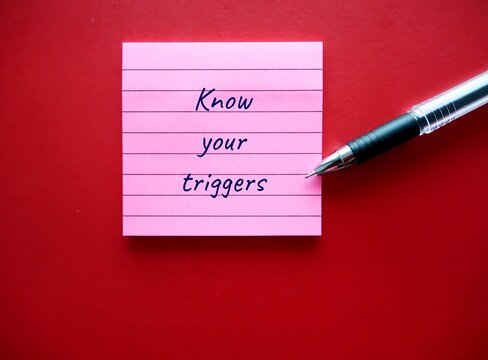
Introduction
In the United States, the focus on the mental well-being of students has never been more crucial. Amid escalating academic demands, complex social interactions, and personal battles, students with mental health issues encounter numerous challenges. These difficulties are not only detrimental to their physical health but also impede their educational progress. In this blog, we will delve into the underlying causes of these mental health challenges and outline the essential resources that can aid students struggling with such issues. Ensuring robust support and adequate resources for these students is imperative for their academic and personal success
5 most important mental health issues affecting the mental health of students

- Anxiety Disorder- Anxiety is one of the most common issues among students which is characterized by worrying, being nervous, and being extremely scared. Due to this, there are many problems like inability to concentrate, physical symptoms like headache and not wanting to meet people.
- Depression: Persistent sadness, loneliness, loss of faith in oneself, lack of need, the feeling of hunger, yes all these feelings generated in the life of students due to which a student feels lost.
- Attention Deficit Hyperactivity Disorder (ADHD): Due to ADHD students find it difficult to focus, concentrate, stay organized, or complete any task. Symptoms include impulsivity, hyperactivity, and inattentiveness, which can hinder academic performance.
- Eating Disorders: Disorders such as anorexia, bulimia, and binge eating disorders are prevalent among students, the main reasons for which are stress, social pressure, and self-esteem issues. These disorders can cause serious physical and emotional health issues.
- Substance Abuse: Consuming drugs and alcohol in excessive amounts as a coping mechanism can also be life-threatening, these things not only worsen mental health but also impact physical health. Drugs and alcohol both are equally responsible for ruining the mental health of a student.
Triggering Factors

There can be many Triggering reasons for a student to have a mental health issue
- Academic Pressure: Too high expectations and an increasingly competitive environment can also affect a student’s mental health as it can lead to stress, which can also lead to anxiety.
- Social Challenges: Society challenges like being bullied, peer pressure, and comparisons yes most of all a student suffers while building a relationship due to which his mental health gets affected.
- Family Dynamics: Unstable home environment, unrealistic expectations from parents, and Frequent fights at home, all affect the mental health of a student.
- Traumatic Events: Experiences like losing someone, being abused as a child, or seeing someone being assaulted by a child, all also impact the mental health of the student.
- Biological Factors: Genetics and neurobiological factors play a role in predisposing students to mental health conditions.
Strategies to Overcome Mental Health Issues in students

- Counseling and Therapy: Students can also take the help of medical experts, counselors, or therapists if they are suffering from mental health issues. Such medical expertise gives you better advice emotionally and mentally which makes you feel motivated.
- Peer Support Programs: Students need to come together with their peers to create a medium where students can share their mental health issues without any hesitation and support each other. For example, they can share helpline numbers for various kinds of mental health issues like suicide prevention, self-harm, and loneliness.
- Mindfulness and Stress Management Techniques: It is important to teach meditation, yoga, and breathing techniques to students so that in times of stress and anxiety, with the help of all mindfulness exercises, they can feel mentally strong and can solve any kind of mental health challenges without giving up.
- Parental Involvement: One should involve their parents in the mental health journey of students and try to provide support groups or workshops to prevent mental health issues in students.
- School Policies and Programs: Policies regarding mental health should be made in schools and colleges so that they can provide mental health care to students in need.
Parental Support for Students with Mental Health Challenges

Parents play a crucial role in supporting their children through mental health challenges. Here are some ways they can help:
- Open Communication: Without judging your children, you can support them without scolding them for their mental health challenges. Talk to them patiently, teach them how to understand, and most importantly reassure them that you are with them in the faith and everything will be well.
- Educate Yourself: You should also learn which mental health condition your child is going through. By doing this you will be able to help him in a better way.
- Create a Safe Environment: Create a safe space at home for children so that they can avoid the trouble of bathing without hesitation station. Create a friendly environment at home for children.
- Encourage Professional Help: Take your children to mental health therapists or counselors so that they properly receive medical expert support. Keep in mind that all resources are available and can be provided to your children at times of need.
- Model Healthy Behaviors: Teach your children stress relief coping techniques. If you practice them yourself, they will also learn it. The coping mechanism technique helps a lot in calming the mind.
Conclusion
Addressing mental health needs in students as part of their general course of development and successful academic performance is crucial. Knowing the signs, understanding trigger points, and being effective in the application of strategies can make a difference in the support environment that allows students to flourish mentally. Resources for access to mental health and awareness are what help students actually succeed, such as in academics and personal experience.